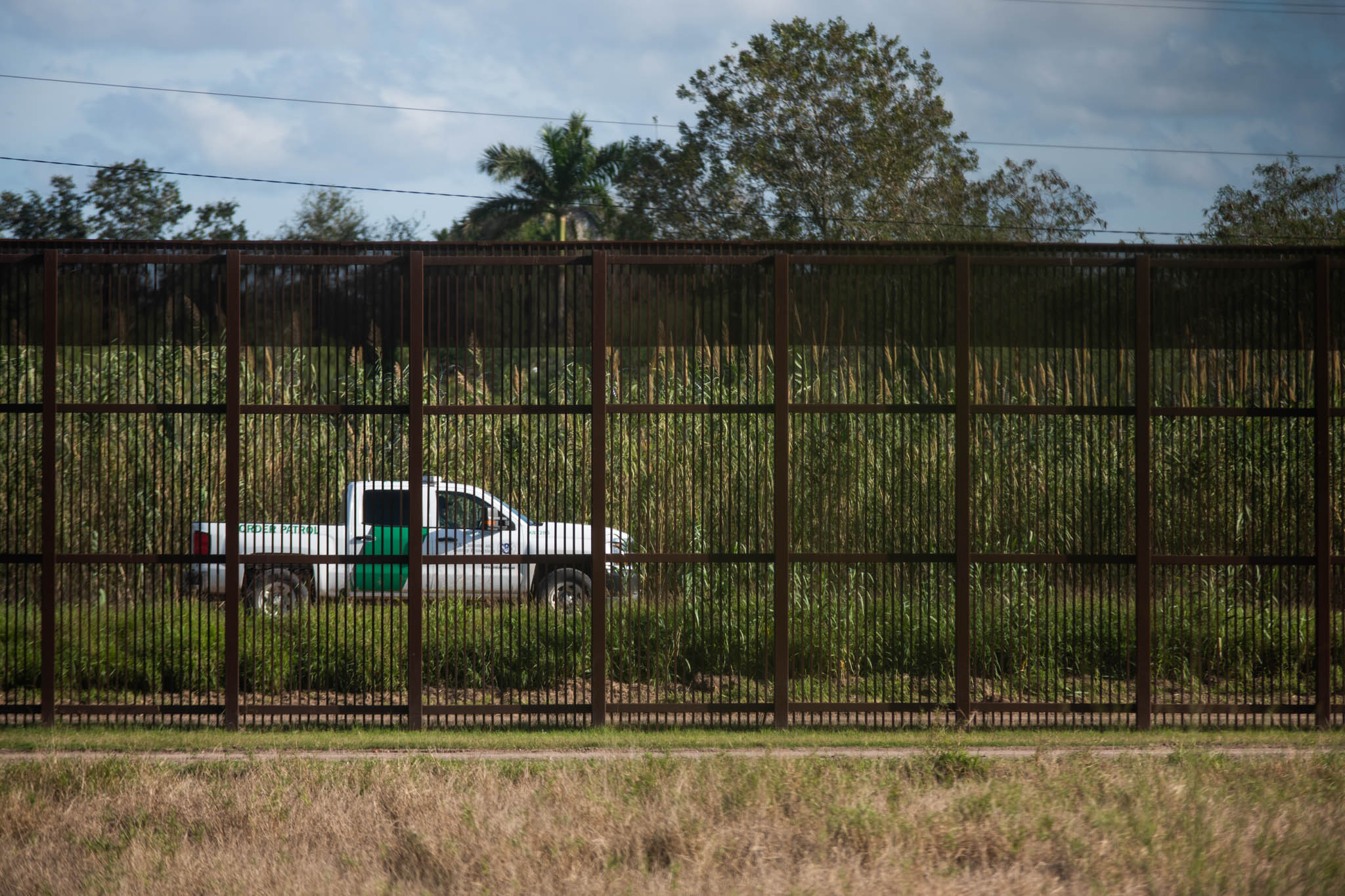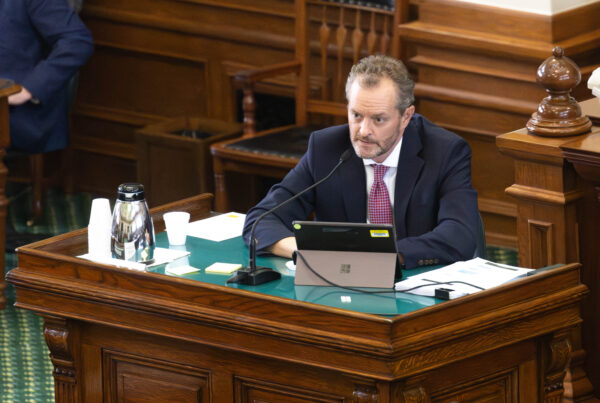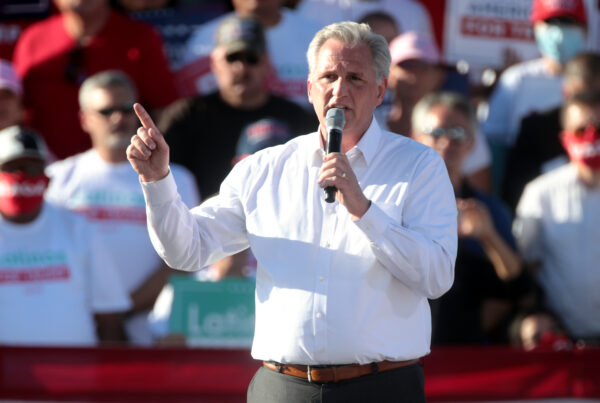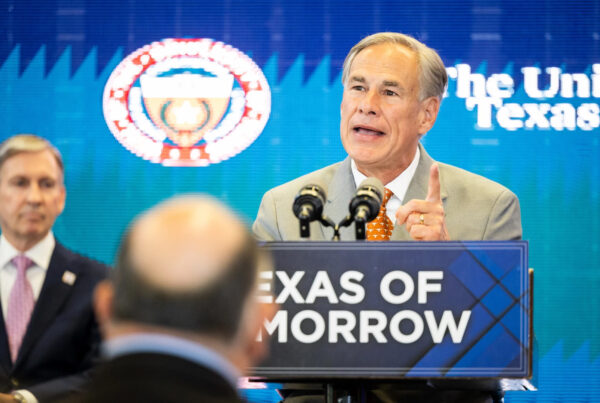Critics of former President Trump described his plans for a border wall as not feasible, too expensive, environmentally destructive and cruel. But if the Biden administration agreed with those criticisms, it doesn’t appear to be acting like it.
The Associated Press reports the Biden administration has “leveraged a sweeping power employed often during the Trump presidency” and waived 26 federal laws in order to continue construction on a border wall in South Texas, a project which President Biden once called “not a serious policy solution.”
Valerie Gonzalez, the AP reporter who wrote the story, joined Texas Standard to discuss the move. She says that this isn’t a surprise for those living on the border. Listen to the interview above or read the transcript below.
This transcript has been edited lightly for clarity:
Texas Standard: Is this a surprise that the administration is going to continue construction? I mean, on the face of it, this seems like a 180.
Valerie Gonzalez: I think some people are surprised, especially those who don’t live along the border, to hear about this announcement. The administration has allowed for some barriers to be built in the Rio Grande Valley prior to this.
So for some people along the border, it doesn’t come as big surprise. And as Mayorkas did say in the statement after the announcement, this was part of something that they had been planning for a while, and that was announced since June.
Does that sound right? You’re talking about Mayorkas there. That’s the Homeland Security chief, correct?
Yes, that’s correct.
Alejandro Mayorkas, the DHS secretary, was the one who made the formal announcement on the federal registry. And this does seem to be, apart from what the Biden administration initially set out to do on the first day in office. They halted all construction.
So waiving these laws did come to a surprise for a lot of people, especially advocates along the border.
What laws are being waived?
There were 26 federal laws that were waived, including protections for endangered species and the Clean Water Act. Also, some of these laws will possibly affect the quality of life for species along the border.
As some environmental advocates told us, this is an area where ocelots, which are a protected species and it’s a rare one, have a habitat, and their habitat seems to be continually affected by several aspects like climate change or poaching. And just overall, now it seems like a political change.
Yeah, we’ve been reporting on those ocelots, in fact. Let me ask you about how the Biden administration is defending its decision. Why does the Biden administration say it’s doing this?
Well, they are saying that these funds were appropriated and back in 2019 by Congress and they were set aside specifically for border wall construction, and therefore, they must use these funds.
Some border advocates, however, are pointing out that doesn’t seem to track with why they’re waiving certain laws. Waiving these laws allows for the government to move faster on construction and not be halted by possible lawsuits.
» GET MORE NEWS FROM AROUND THE STATE: Sign up for Texas Standard’s weekly newsletters
Meaning, in other words, the Biden administration could have said, “no, our hands are tied. We have these laws on the books and we’re not going to waive them,” if that was what they chose to do. But why now? Why does the administration now seem to be moving forward with this?
The Biden administration has been under a lot of political pressure, but also just seeing that there has been an increase of people coming through the border. In the announcement by Mayorkas posted on the federal registry, he mentioned that there has been about 245,000 apprehensions in the Rio Grande Valley sector so far. Starr County falls within that sector, and it’s a large region in South Texas, but there has been a large number of people coming in.
And now the administration has been facing pressure from even Democratic cities like Chicago and D.C., where thousands of migrants are living in crowded shelters or even in police precincts in Chicago.
















